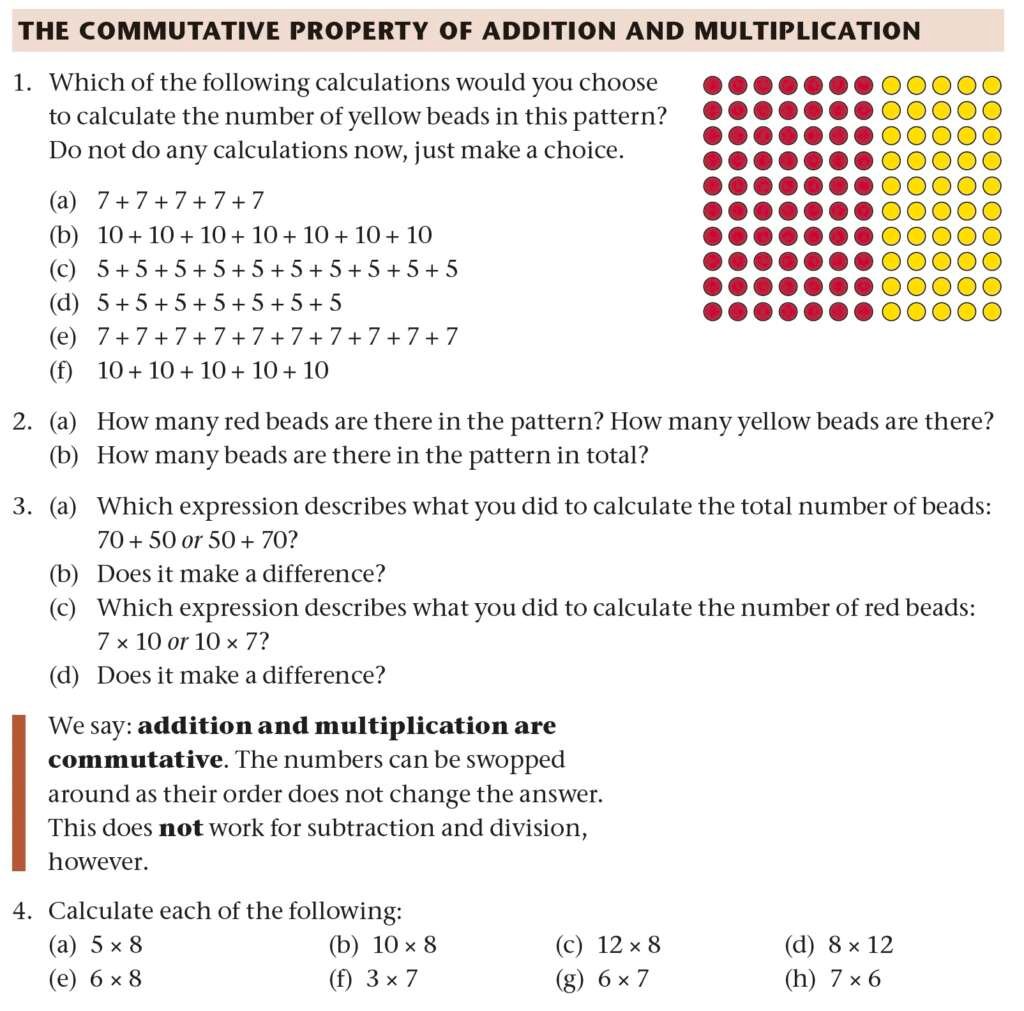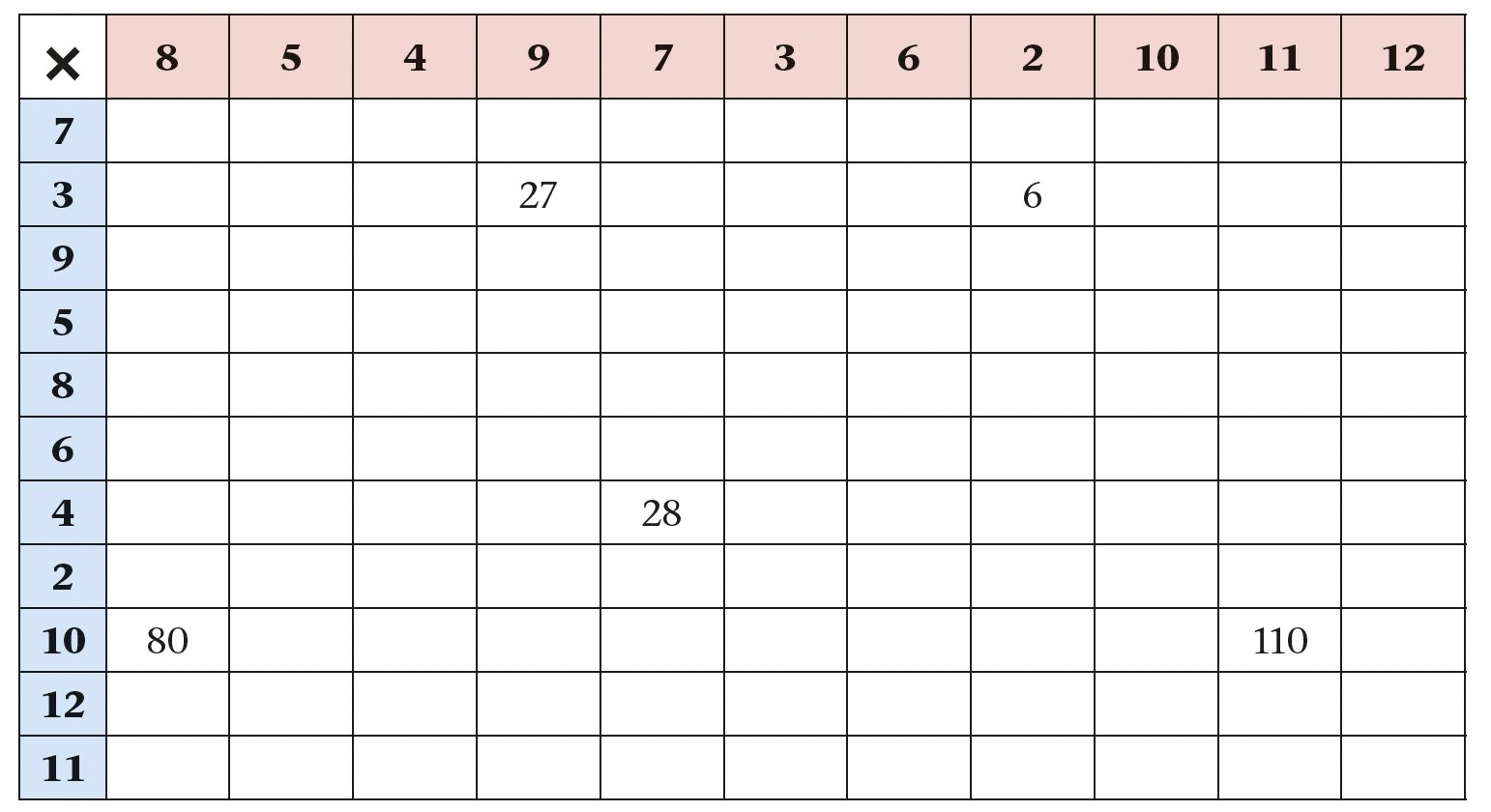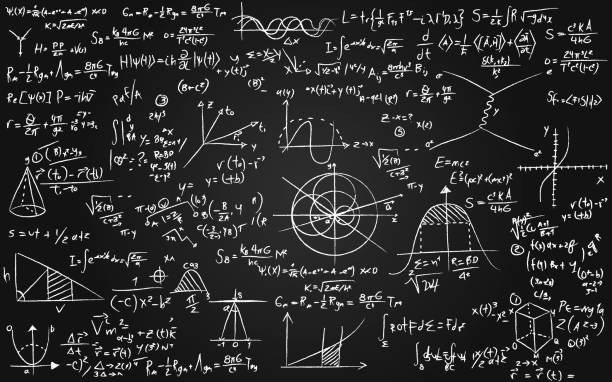Mathematics Grade 8 Whole Numbers Questions and Answers for Revision:
List of Mathematics Grade 8 Whole Numbers Questions and Answers for Revision
Find a list of Mathematics Grade 8 Whole Numbers Questions and Answers for Revision in pdf format:
Here are some questions and answers for “Whole Numbers” mathematics for grade 8 in the South African CAPS curriculum:
- What are whole numbers? A: Whole numbers are numbers that are positive integers, meaning they are greater than zero and do not include any fractional or decimal parts. Whole numbers range from 1, 2, 3, and so on.
- How are whole numbers used in real-life situations? A: Whole numbers are used in a variety of real-life situations, such as counting objects, measuring distances, calculating the cost of items, determining the quantity of items in stock, and more.
- What are some properties of whole numbers? A: Some properties of whole numbers include being commutative under addition and multiplication, being associative under addition and multiplication, having an identity element under addition and multiplication, and having inverse elements under addition.
- How do you add whole numbers? A: To add whole numbers, you simply line up the numbers and add the digits in each place value column, starting from the rightmost column. If the sum of the digits in a column is greater than or equal to 10, you carry over the excess to the next place value column.
- How do you subtract whole numbers? A: To subtract whole numbers, you line up the numbers and subtract the subtrahend from the minuend, starting from the rightmost place value column. If the result in a column is negative, you borrow from the next place value column.
- How do you multiply whole numbers? A: To multiply whole numbers, you can use the standard algorithm, which involves multiplying each digit in one number by each digit in the other number and then adding the products. You can also use long multiplication, which involves breaking one of the numbers into parts and multiplying each part by the other number.
- How do you divide whole numbers? A: To divide whole numbers, you can use the standard algorithm, which involves dividing the dividend by the divisor to find the quotient. You can also use long division, which involves dividing the dividend by the divisor and finding the quotient and remainder.
Video Lesson: Gr8 Maths | Term1 Lesson1 | Whole numbers
Application Questions:

Copy and complete the following statements by giving answers to these questions, without doing any calculations with the given numbers.
(a) Is 8 Å~ 117 more than 2 000 or less than 2 000? than 2 000
(b) Is 27 Å~ 88 more than 3 000 or less than 3 000? than 3 000
(c) Is 18 Å~ 117 more than 3 000 or less than 3 000? than 3 000
(d) Is 47 Å~ 79 more than 3 000 or less than 3 000? than 3 000
What you have done when you tried to give answers to questions (a) to (d), is called estimation. To estimate is to try to get close to an answer without actually doing the calculations with the given numbers.
(a) The numbers 1 000, 2 000, 3 000, 4 000, 5 000, 6 000, 7 000, 8 000, 9 000 and 10 000 are all multiples of a thousand. In each case, write down the multiple of 1 000 that you think is closest to the answer. The numbers you write down are called estimates.
(b) In some cases you may achieve a better estimate by adding 500 to your estimate, or subtracting 500 from it. If so, you may add or subtract 500.
(c) If you wish, you may write what you believe is an even better estimate by adding or subtracting some hundreds.



